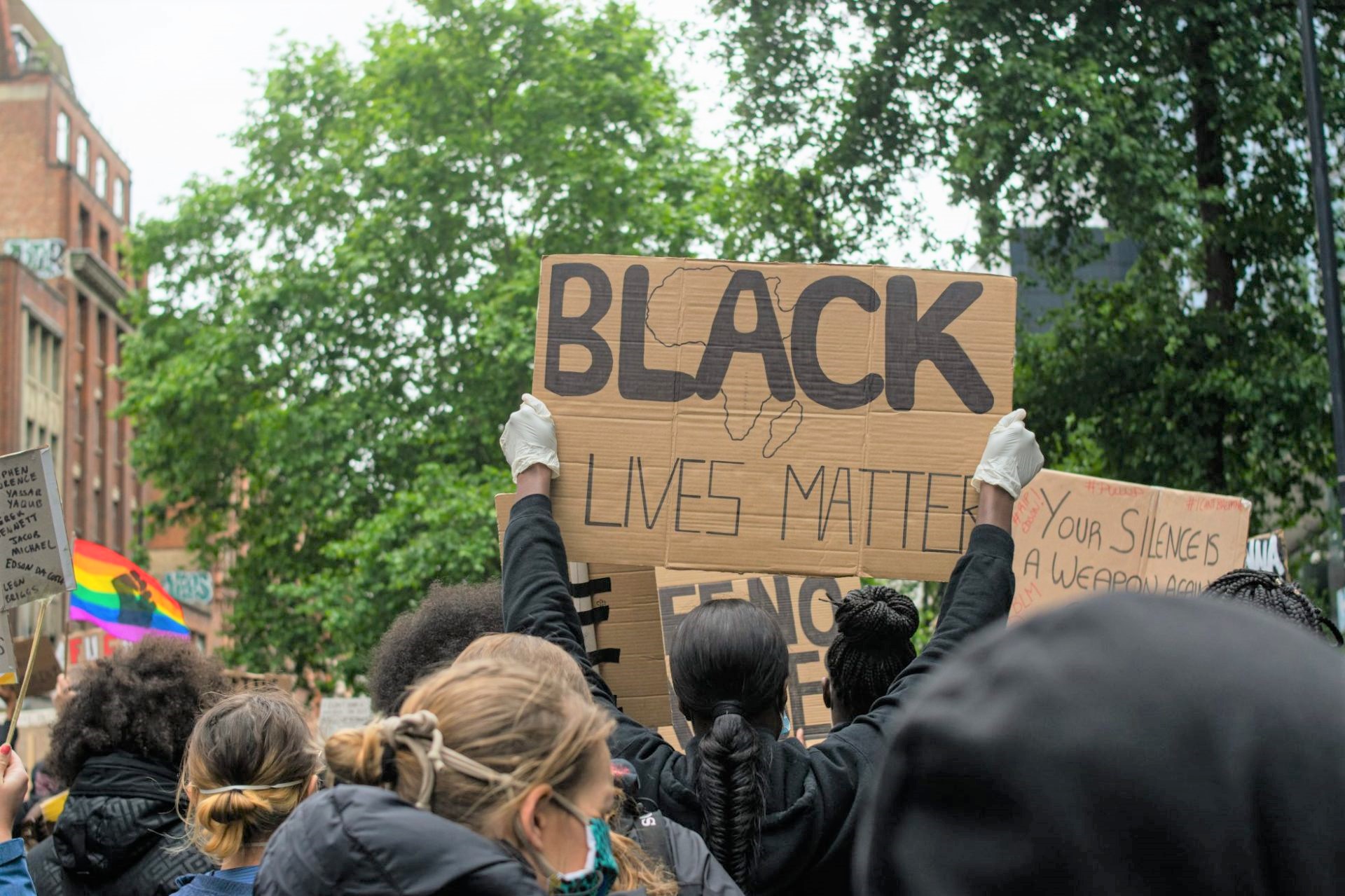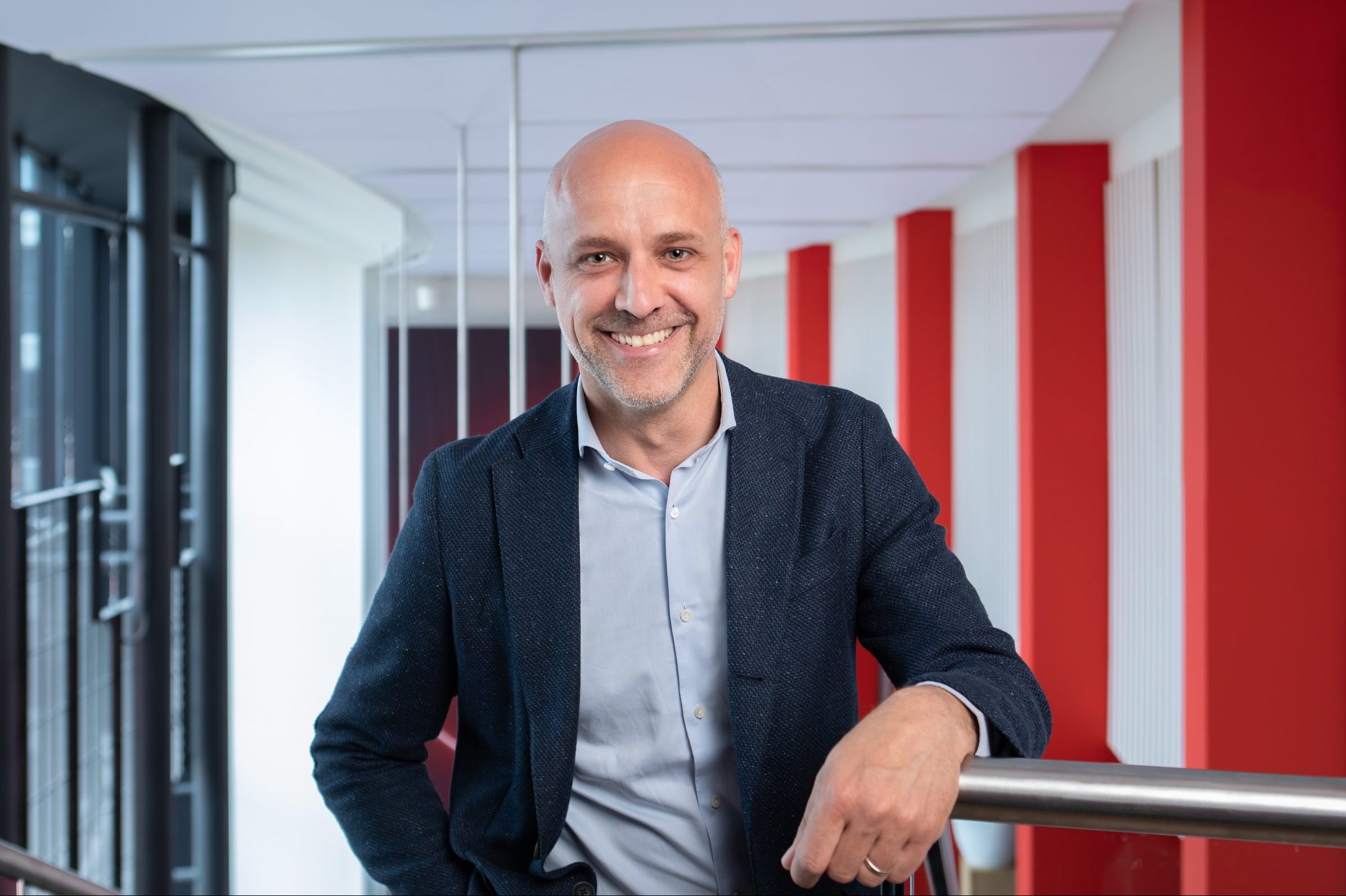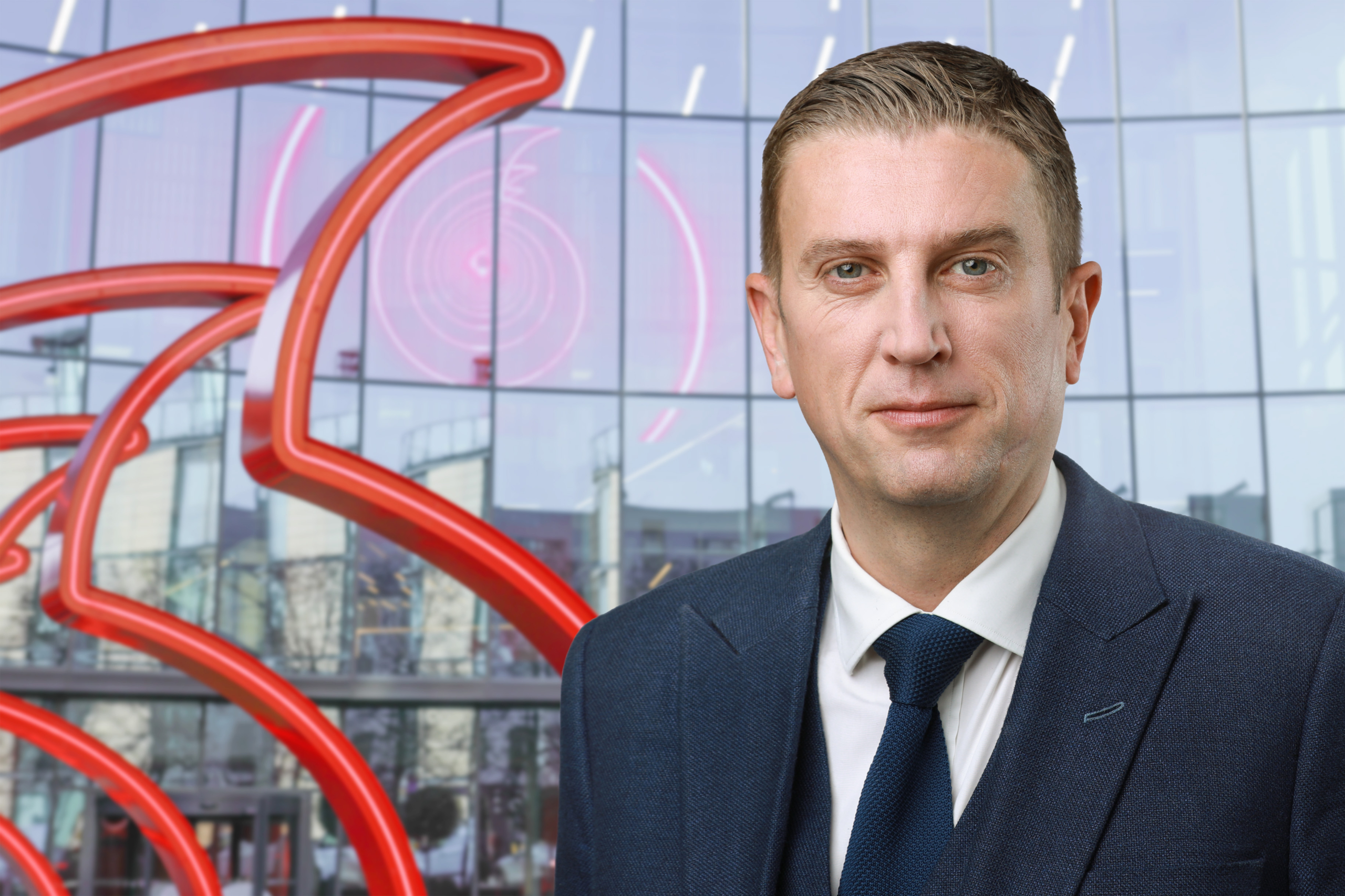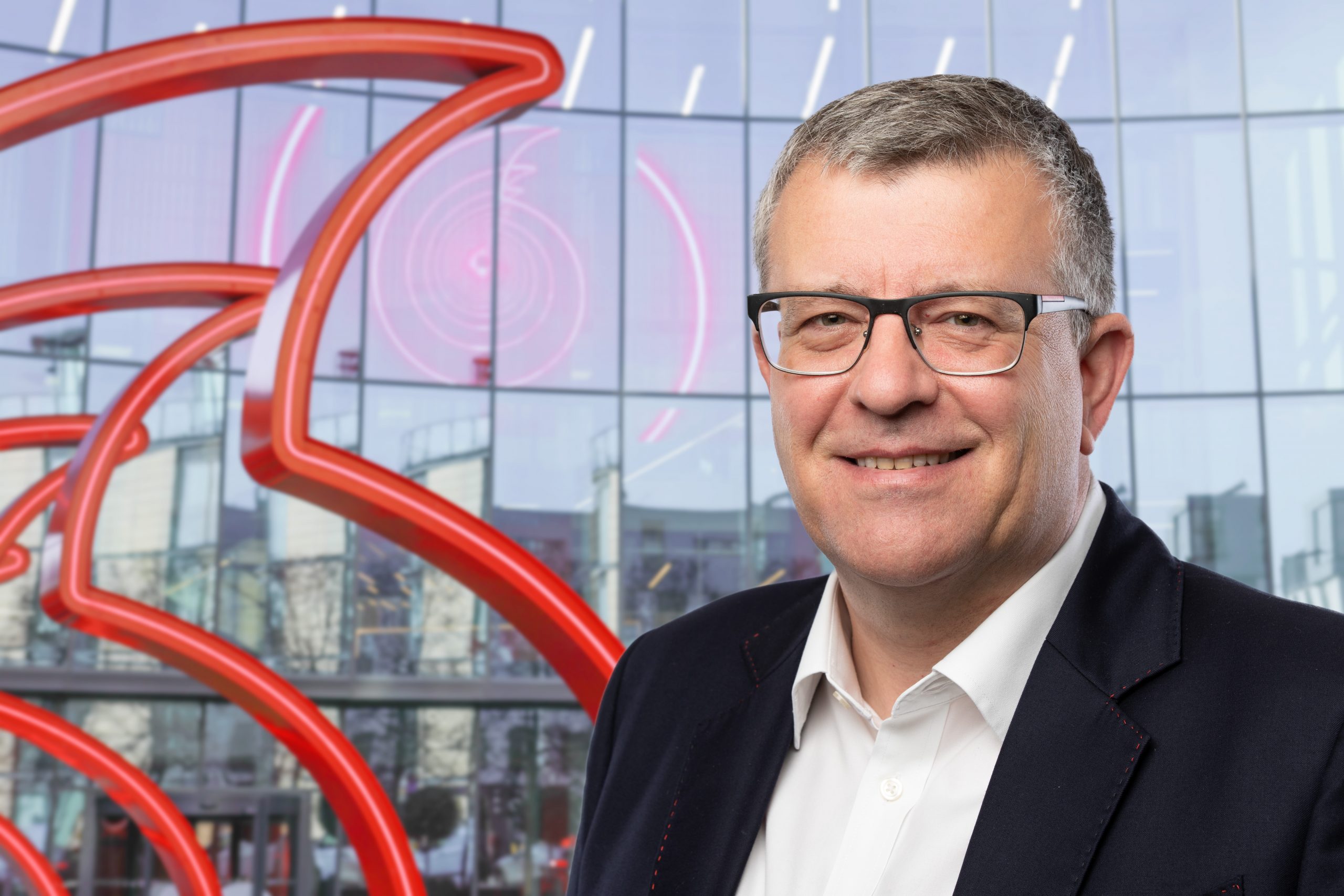
Nick Jeffery, CEO, Vodafone UK, reflects on the recent death of George Floyd in the US and what more Vodafone could be doing to build on its strong commitment towards diversity and inclusion.
The death of George Floyd in the US has rightly sparked outrage throughout the world. I can only imagine what my black colleagues must be feeling and it has caused me to think deeply about what we should do as a company.
I’m really proud of Vodafone’s commitment to diversity and inclusion – it’s the very essence of who we are as company, our values and purpose. Over recent years we’ve made progress in gender diversity, LGBTQ+ rights, and supporting victims of abuse. We oppose violence, hatred and have zero tolerance regarding racism and racial discrimination across our company.
We’ve also improved our representation of BAME [Black, Asian and Minority Ethnic] people, both in the UK and across the wider Group, in recent years. But we need to reflect on where and how we can do better to address diversity and inclusion for our black colleagues specifically.
Listening and educating
Right now, I feel the most important action we can take is to listen and to educate ourselves. We began doing that this week with a global webinar organised by Group HR director Leanne Wood in which we heard personal and moving testimonies from black colleagues in the UK and around the world.
Sade Oladugbewo, founder and co-chair of our Multicultural Inclusion Network, rightly suggested that we need to re-examine how we recruit, how we manage, and how we assess performance – rooting out unconscious biases at every stage.
And Kathy Quashie, Head of Partnerships and Alliances at Vodafone UK, reinforced that diversity and inclusion (D&I) is not just about natural justice and doing the right thing, it’s about helping our company be the best it can be – making the most of all the talents.
“D&I is a way to deliver excellent performance,” she said, and there’s plenty of research evidence to back that up.
I strongly believe that we can’t effectively support our customers, and the country we keep connected, if our company doesn’t reflect the population we serve, at all levels of our organisation.
This will take continuous education and more – sometimes uncomfortable – conversations. So we’re going to do a lot more listening and work through how we can support our black colleagues in the most effective way, working with our Black Professionals Network, the Multicultural Inclusion Network and others.
It is essential that our listening and determination to do better translates into action and meaningful change. We have started the conversation, but we must turn the talk into action.
I’ve seen us do this before and I know we can do it again. Our colleagues should be in no doubt that we truly believe #BlackLivesMatter.





![Nicki-Lead_image[OPTIMISED]](https://www.vodafone.co.uk/newscentre/app/uploads/2023/10/Nicki-Lead_imageOPTIMISED.jpg)
![Coins of Great British sterling[Adobe Stock]](https://www.vodafone.co.uk/newscentre/app/uploads/2024/06/Coins-of-Great-British-sterlingAdobe-Stock.jpg)